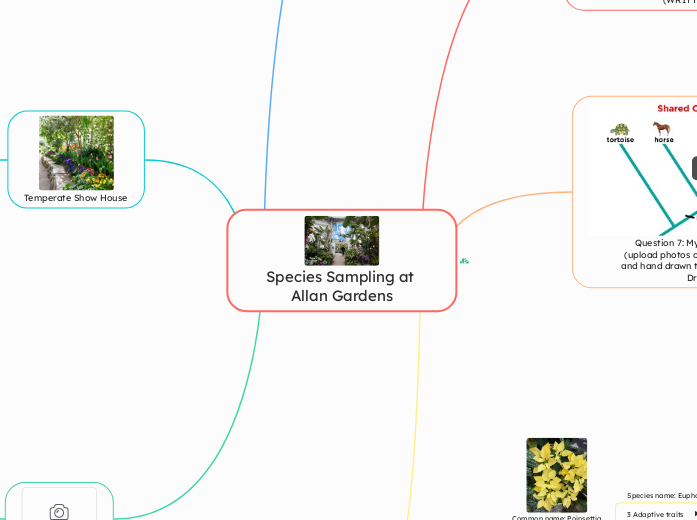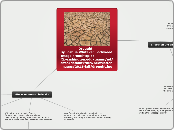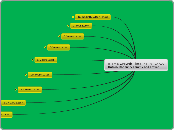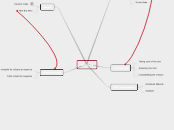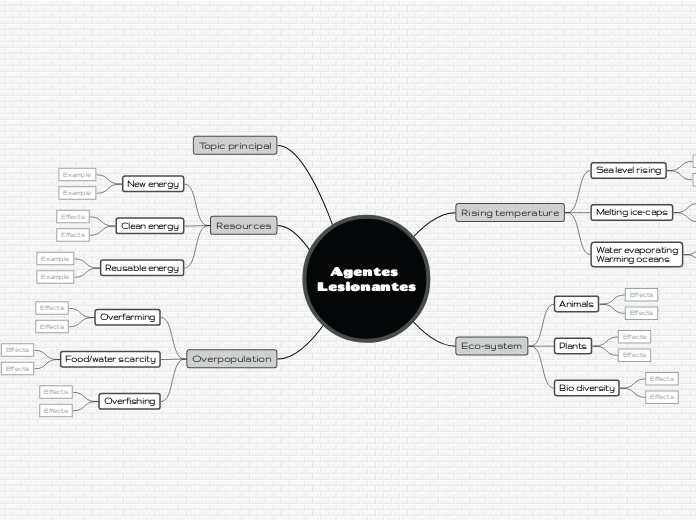Species Sampling at Allan Gardens
Arid House
Common name: Candelabra cactus
Relationship between this organism and YOU, and other organisms in the garden
The Candelabra cactus was found in the Arid House and much differentiated from other cacti. Euphorbia just has thorns instead of spines, and that's why it wasn't as similar to the other cacti near it. Like any other cacti, they stabilize soil and provide shelter for different species. The candelabra caught my attention because it is uniquely shaped and I loved how it looked.
species name: Euphorbia Lactea 'Cristata'
Common name: Golden barrel cactus
Relationship between this organism and YOU, and other organisms in the garden
In the Arid house, I found the Golden barrel cactus. The Golden barrel cactus is bigger than most and beneficial for its environment because it provides shelter for ecosystems, it's flowers attract bees which feed off its nectar, and it also stabilizes soil through its roots. I connect to the cactus because I really like them and I have my own in my room. I understand how to take care of them and how unique they are. These ones are much larger and a lot different though.
3 Adaptive traits:
Species name: Echinocactus grusonili
Temperate Show House
Common name: Wheeping Willow tree
The Weeping Willow yree was found in the Temperate House, which is less humid than most. This tree is very tall compared to the other plants around it, they were mostly smaller. When I walked by it, I liked how it looked because it reminded me of the Truffala trees from the Lorax. After all, it is still growing. It made me happy and reminded me of that movie I love. The Weeping Willow Tree is also very unique and is different than the rest.
Species name: Salix babylonica
Common name: koi fish
Koi fish were the only aquatic chordates in the Temperate Show House that I saw. Koi fish tend to be found in ponds and freshwater, such as in the Allan Gardens. They swim in their pond amongst other big and small Koi fish, eating pond plants, algae, and smaller insects. I have always loved Koi fish, they represent ambition and perseverance which are two traits I value and focus on with myself daily. They are beautiful vibrant species and I love the symbolism they hold.
3 Adaptive traits:
Species name: Cyprinus Rubrofuscus
Orchid-Bromeliad House
Common name: Alumminum Plant
In the Orchid- Bromeliad House the aluminum plant was very close to the ground hidden under other plants. This plant doesn't need much sunlight but does require humidity in a moist soil area of the garden. I have an aluminum plant in my home, so when I came across it I was happy because I already knew a little about it and how it survives.
Species name: Pilea cadierei
Common name: Dragon Tree
Relationship between this organism and YOU, and other organisms in the garden
A Dragon tree is found under lots indirect of light to stay healthy. I found it in the Orchid-Bromeliad House, near other tall plants, where the climate was very humid. Within their environment, Dragon trees act as natural air purifiers and remove toxins. I chose the Dragon tree because the colour was something I found interesting. This plant is almost bright pink, which is unique and my favourite colour, so I enjoyed looking at it.
3 Adaptive traits:
Species name: Dracaena marginata
Tropical House
Common name: Yesterday- Today- Tomorrow
The Brunfelsia pauciflora (Yesterday- Today- Tomorrow flower) was found in the tropical house. It needs shade and shelter and I came across it under tall trees and near other flowers. The flower is a safe home for insects and other species to live in, in the gardens, I spotted a few ants on its leaves. This flower stood out to me because it changes colors from purple to white and back and forth caused by the active process of anthocyanin degration. I think it is a very original flower and I have always really liked its aesthetics when I see it.
3 Adaptive traits
Species name: Brunfelsia pauciflora
Common name: Poinsettia
Relationship between this organism and YOU, and other organisms in the garden
In the Tropical House, the poinsettia flower was in many different places for the holidays. Normally a poinsettia is alongside cacti, marigolds, Peace lilies, and spider plants. When near those plants, a poinsettia can thrive because they keep them safe from other organisms, have pests repelled, and have purified air. I have a relationship with Poinsettia flowers because every year around the Christmas holidays, my parents buy them for our house. They are a very pretty Christmas flower and they remind me of the winter season.
3 Adaptive traits
Species name: Euphorbia pulcherrima
Question 7: My Phylogenetic Tree (upload photos of your traits +/- chart and hand drawn tree, or of your Google Drawings)
Phylogenetic Tree for 6 of my species
Trait +/- Chart
Question 6: My Dichotomous Key (WRITTEN NOTE)
DICHOTOMOUS KEY
1) Is your species a plant?
a) if YES, go to #2
b) if NO, it is: Cyprinus Rubrofuscus (Koi fish)
2) Does this plant flower?
a) if YES, go to #5
b) if NO, go to #3
3) What kind of leaves does this plant have?
a) if long leaves are coming from the center stem, of the plant, go to #4
b) if long rows of 3-6 inch leaves come from the top of the plant, it is Salix babylonica (Weeping willow tree)
4) It is a Dracaena marginata (Dragon tree)
5) Do the flowers come from a cactus or just a stem?
a) If a stem, go to #7
b) if from a cactus, go to #6
6) Is it round-shaped or randomly shaped?
a) if round shaped, it is Echinocactus grusonili (Golden barrel cactus)
b) If randomly shaped, it is Euphorbia Lactea 'Cristata' (Candelabra cactus)
7) Classification of petals or bracts
a) Larger looking petals that surround smaller petals (bracts), it is a Euphorbia pulcherrima (Poinsettia)
b) If normal petals surround a cream white bulb, it is a Brunfelsia Pauciflora: (Yesterday- Today- Tomorrow flower)
